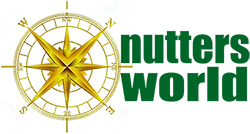Iron Age Shipwrecks in the Mediterranean Sea
Gozo, a Phoenician period shipwreck that sank about 700 BC.
The Phoenician period shipwreck off Xlendi Bay on the island of Gozo sank about 700 BC. It was carrying a mixed cargo.
By Nick Nutter on 2024-12-28 | Last Updated 2025-05-18 | Iron Age Shipwrecks in the Mediterranean Sea
This article has been visited 2,692 times

Working on the Gozo shipwreck
Where was the Gozo shipwreck found?
The Gozo shipwreck was found about 900 metres off the southwest coast of Gozo, an island just five kilometres northwest of Malta.
Do you enjoy my articles? For your reading pleasure, this website does not carry third party ads. You could help me write more articles by buying me a cup of coffee.
About the Gozo wreck site


Gozo wreck site
The Gozo shipwreck is at a depth of 110 metres on a sandy bottom off Xlandi Bay. The wreck site covers an area of approximately 12 metres by 5 metres. Gozo was the first maritime archaeological survey to explore shipwrecks beyond a depth of 100 meters.
Who excavated the Gozo shipwreck?


Gozo wreck cargo
The Gozo shipwreck was discovered in 2007 during a seabed sonar survey carried out by a team from the University of Malta. Further sonar scans were taken until the first dives on the wreck were conducted in 2014. Dives have continued each season since then supervised by Dr Timmy Gambin, an archaeologist from the Department of Classics and Archaeology at the University of Malta.
When did the Gozo wreck sink?


Gozo wreck cargo
Further research is needed to accurately date the Gozo shipwreck. However, early research indicates the ship foundered during the early 7th century BC.
How was the Gozo ship built and what were its dimensions?
Until portions of the shipwreck currently beneath the sand are excavated, it is impossible to determine how the ship was built or irs dimensions.
What was the Gozo ship's cargo?


Greek style urn recovered and restored
An amphora, possibly of Greek origin judging from its design, was recovered during an early dive and analysis showed it had contained honey produced on Gozo.


Gozo cargo in situ
About 50 amphora and urns have been recovered since, of seven different patterns. Some appear to have been made on Gozo whilst others appear to be Tyrrhenian-style amphorae typical of Italy and western Sicily.


Quern stones from the Gozo wreck
In addition, about twenty quern stones, used to grind cereals, have been found at the fore and aft ends of the ship. These are made from a granite found on the island of Pantelleria and were in pristine condition, never having been used, indicating they were trade items. Pantelleria is midway between Sicily and Tunisia, about 200 kilometres northwest of Gozo.
Where did the Gozo shipwreck cargo come from?


Gozo wreck cargo
The quern stones originated on Pantelleria, the honey from Gozo, and the amphora and urns from Gozo and Sicily. One of the ovoid amphora is typical of those manufactured at Carthage in Tunisia.
What was the purpose of the Gozo cargo?


Gozo wreck cargo
It is most likely that the cargo was for trade.
Where did the Gozo ship come from and where was it going?

Gozo wreck cargo
From the origin of the cargo, the Gozo ship could have been engaged in trade in the triangle formed by Carthage via Pantelleria to Sicily and Malta.
Why did the Gozo ship sink?


Gozo wreck cargo
There are no indications as to why the ship sank.
Political situation at the time
The Phoenicians established colonies on Malta and Gozo sometime about 700 BC as they consolidated their influence in the western and central Mediterranean.
Where is the Gozo shipwreck now?
To date, the Gozo shipwreck remains at the bottom of the sea. There have been discussions about raising the wreck for exhibiting ashore at a museum to be built on Gozo. Some cargo items can be seen at the National Museum of Archaeology at Valetta, on Malta.
References
Images:
Photos: Groplan project/Timmy Gambin, University of Malta.
Gambin, Timmy (October 2017). Between east and west: The Phoenician shipwreck off Gozo (PDF) (Report). University of Malta Department of Classics & Archaeology.
Gambin, Timmy (November 2018). The Phoenician shipwreck off Gozo 2018 season (PDF) (Report). University of Malta Department of Classics & Archaeology.
https://phoenicianshipwreck.org/in-the-press/
Do you enjoy my articles? For your reading pleasure, this website does not carry third party ads. You could help me write more articles by buying me a cup of coffee.
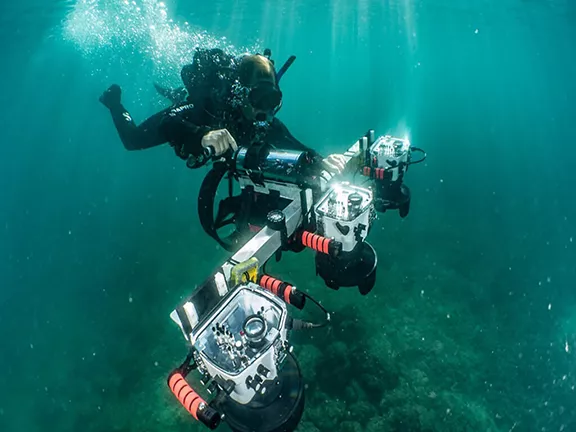 1: Dor's Iron Age wrecks 11th-6th centures BC
1: Dor's Iron Age wrecks 11th-6th centures BC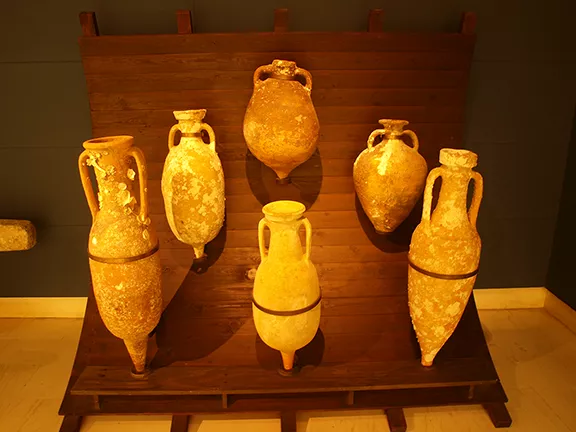 2: Carmel Atlit shipwreck c 800 - 750 BC
2: Carmel Atlit shipwreck c 800 - 750 BC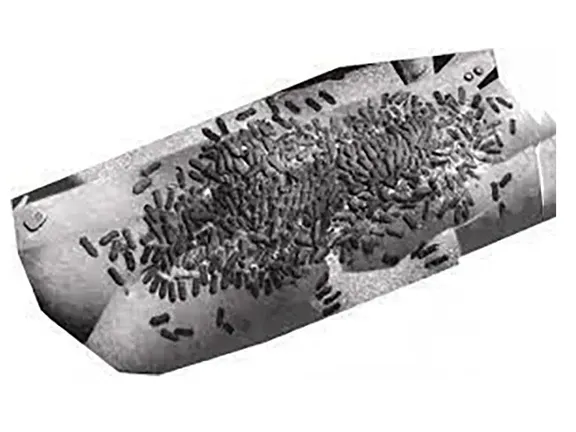 3: Tanit and Elissa c 750 BC
3: Tanit and Elissa c 750 BC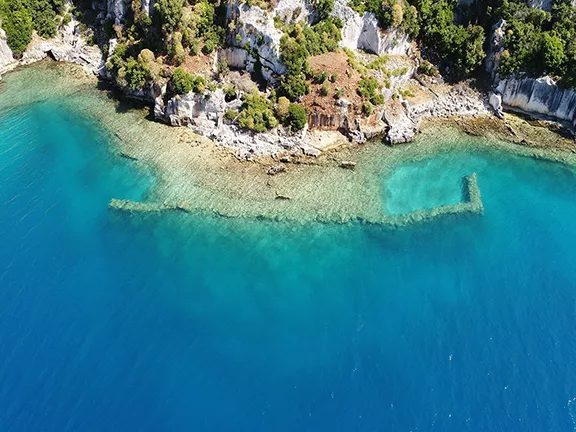 5: The Kekova Adası shipwreck c 650 BC
5: The Kekova Adası shipwreck c 650 BC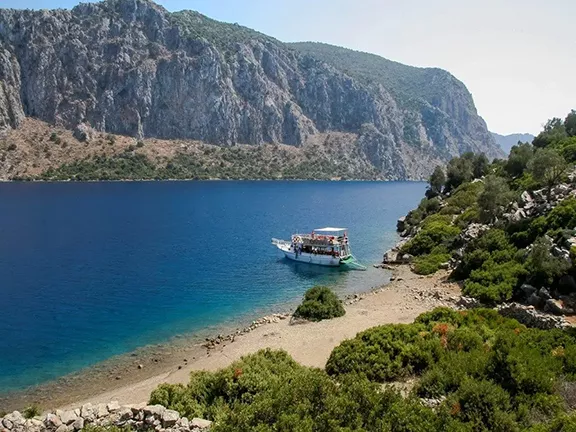 6: Kepçe Burnu Shipwreck 650 – 600 BC
6: Kepçe Burnu Shipwreck 650 – 600 BC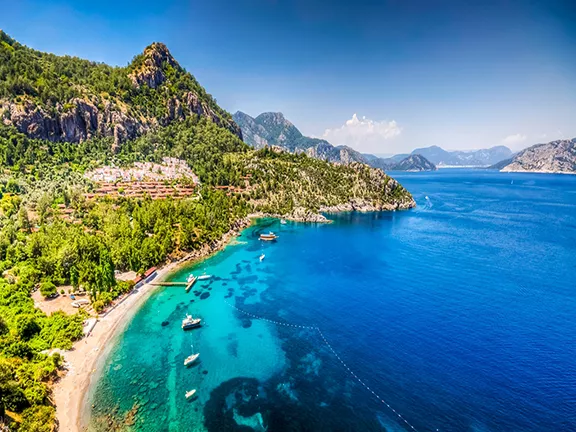 7: Çaycağız Koyu Shipwreck c 600 BC
7: Çaycağız Koyu Shipwreck c 600 BC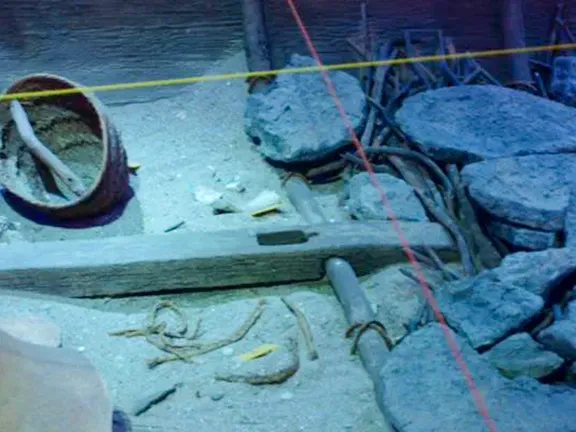 8: Mazarron II 625 - 570 BC Phoenician period
8: Mazarron II 625 - 570 BC Phoenician period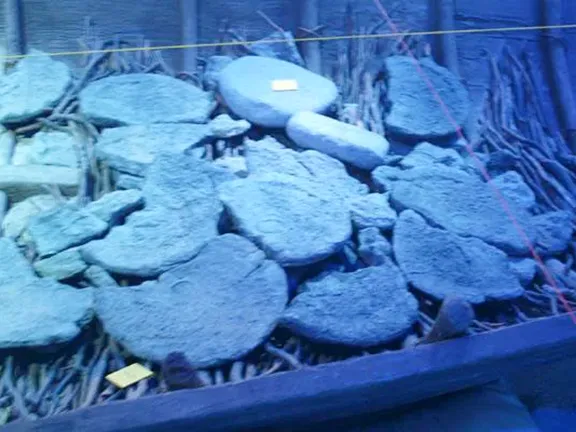 9: Mazarron I c 600 BC Phoenician period
9: Mazarron I c 600 BC Phoenician period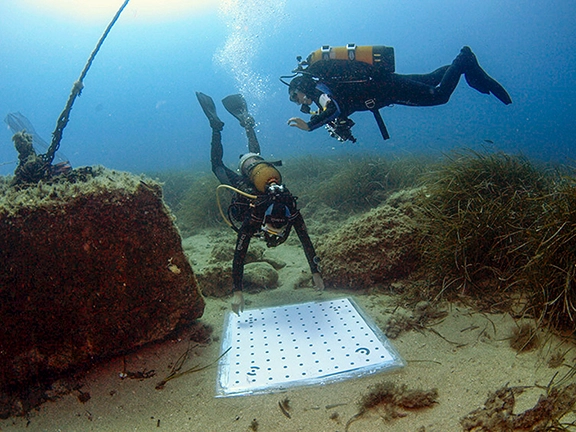 10: The Bajo de la Campana c 600 BC
10: The Bajo de la Campana c 600 BC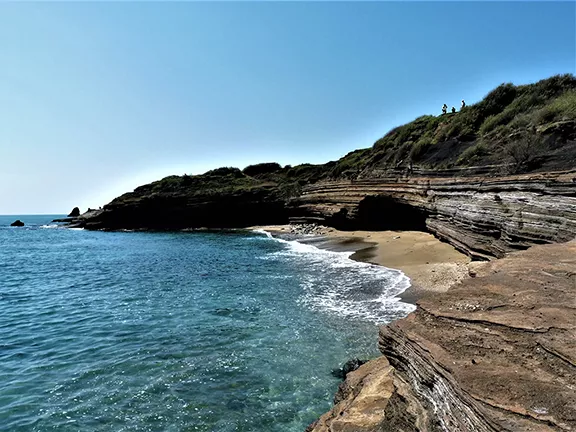 11: The Rochelongue underwater site c 600 BC
11: The Rochelongue underwater site c 600 BC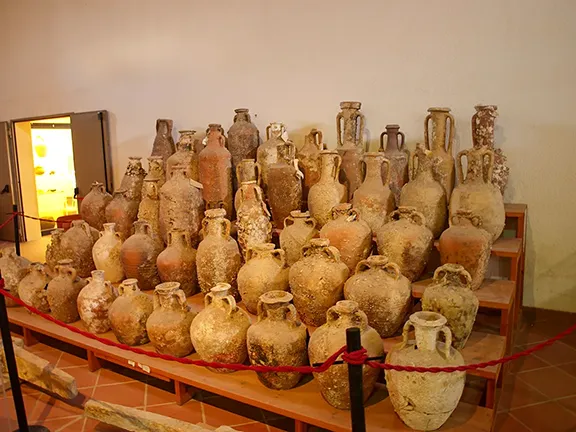 12: Giglio Etruscan shipwreck c 580 BC
12: Giglio Etruscan shipwreck c 580 BC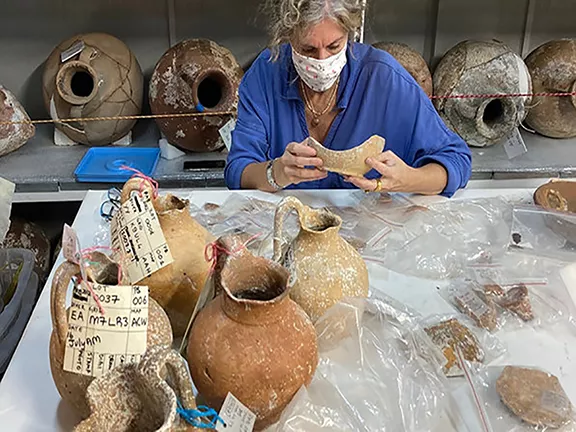 13: Pabuç Burnu shipwreck 570 - 560 BC
13: Pabuç Burnu shipwreck 570 - 560 BC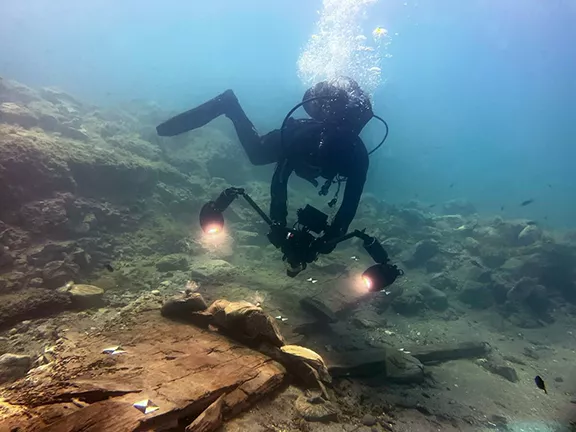 14: Ispica - Greek Shipwreck 600 - 400 BC
14: Ispica - Greek Shipwreck 600 - 400 BC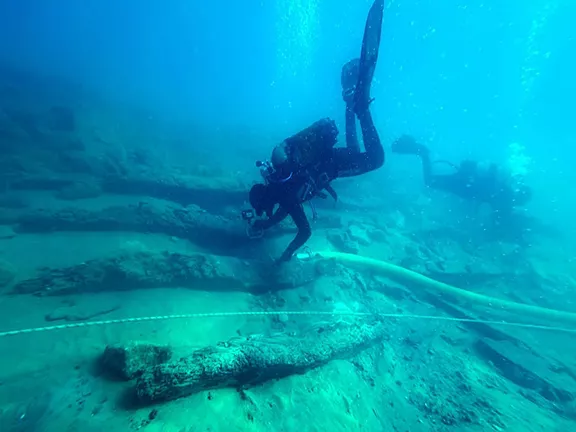 15: Gela I shipwreck 500 - 480 BC
15: Gela I shipwreck 500 - 480 BC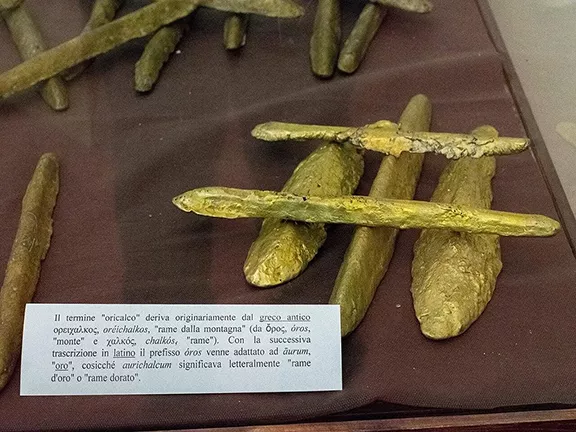 16: Gela 2 shipwreck 490 – 450 BC
16: Gela 2 shipwreck 490 – 450 BC